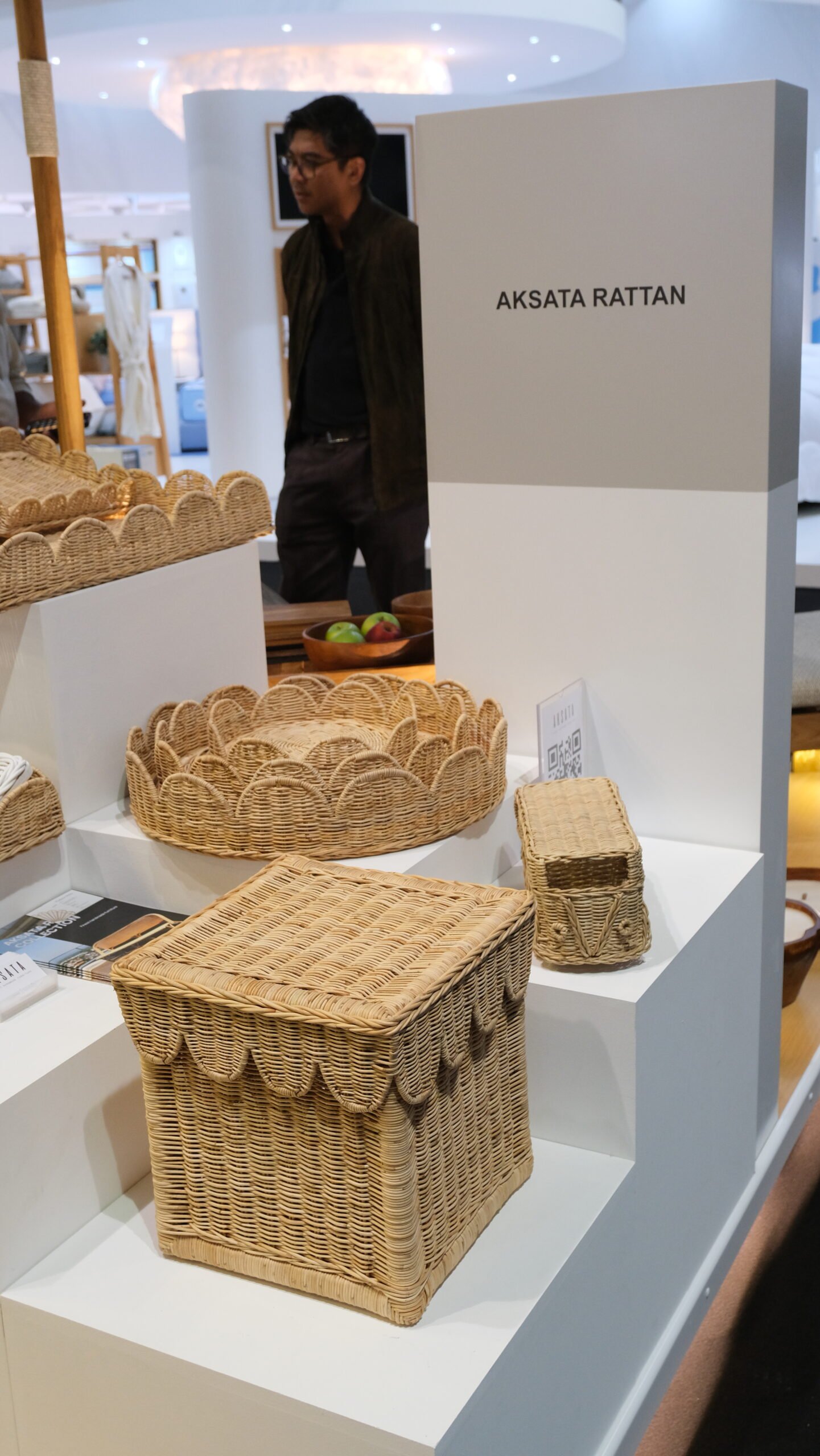Rattan furniture is admired around the world for its natural beauty and durability. But beyond its aesthetic appeal, rattan manufacturing has a powerful social impact, especially in regions where it is traditionally produced. From improving livelihoods to preserving traditional craftsmanship, rattan furniture manufacturing supports entire communities and promotes sustainable development. Let’s dive into the key social benefits of this industry.
1. Creating Job Opportunities
Rattan furniture manufacturing is highly labor-intensive, providing employment to thousands of skilled artisans, weavers, and craftsmen. In many rural areas, these jobs are a vital source of income, helping families achieve financial stability and reducing urban migration.
2. Empowering Women
In several rattan-producing regions, women play a central role in weaving and finishing processes. The industry empowers women by providing them with fair wages, skills development, and opportunities to support their households independently.
3. Supporting Rural Economies
Rattan manufacturing is often based in rural communities, creating an economic backbone for villages and small towns. The industry encourages local entrepreneurship, stimulates related businesses (like raw material suppliers and transport), and helps sustain the rural economy.
4. Preserving Cultural Heritage
Traditional rattan weaving techniques are passed down through generations. By keeping these skills alive, the rattan industry protects cultural heritage and allows communities to take pride in their craftsmanship. This also contributes to a sense of identity and belonging among artisans.
5. Promoting Sustainable Development
Rattan is a renewable resource, and many manufacturers promote sustainable harvesting and responsible production practices. This approach supports not only the environment but also ensures long-term opportunities for local communities to thrive without depleting their natural resources.
6. Encouraging Community-Based Cooperatives
In many rattan-producing areas, artisans form cooperatives to organize production, negotiate fair prices, and collectively market their goods. These cooperatives strengthen community solidarity, build bargaining power, and give small producers access to larger markets.
7. Inspiring Youth Engagement
Rattan furniture manufacturing offers younger generations an opportunity to learn valuable skills, stay connected with their cultural roots, and see a viable future in traditional industries. This reduces the risk of losing valuable craftsmanship over time.
8. Strengthening International Connections
As demand for ethically made, natural furniture rises, rattan manufacturers are increasingly connected to international buyers who value sustainable and fair-trade practices. These global partnerships help local communities gain international recognition and access better market opportunities.
Conclusion
The social impact of rattan furniture manufacturing goes far beyond the furniture itself. From empowering women and preserving traditional skills to building stronger rural economies, the industry plays a vital role in supporting communities and promoting sustainable, inclusive growth. By choosing rattan furniture from responsible manufacturers, consumers can contribute to these positive social outcomes and help keep this rich heritage alive for future generations.





